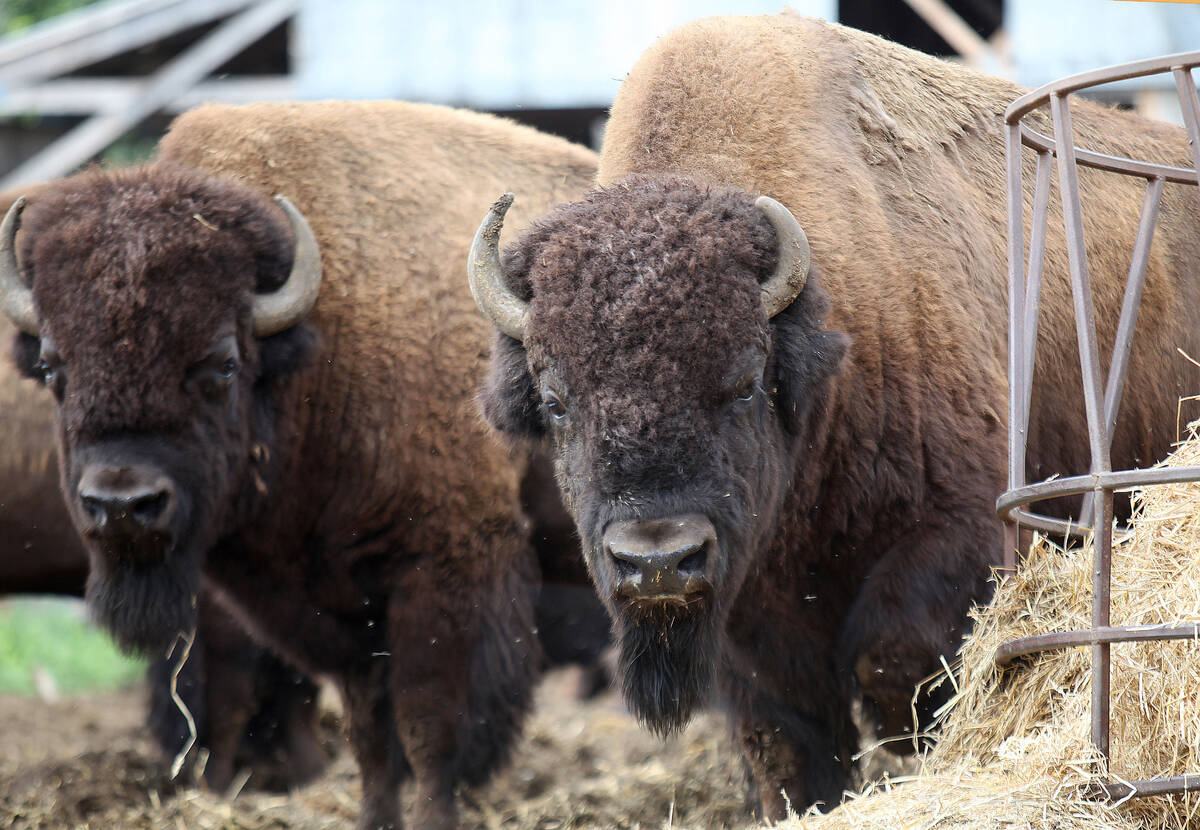A few weeks before the election, I was having a coffee in Ottawa with someone who advocates for a growers’ group. She apologized for coming solo, telling me the person who was supposed to join her couldn’t make it.
That was because her colleague had flown to Regina for a meeting with Ralph Goodale.
It was one of the countless times I’ve been reminded of the influence carried by Goodale, a 26-year veteran MP who had been serving in the most recent government cabinet.
Read Also

Reconciliation and farming require co-operation to move ahead
Indigenous communities in North America were cultivating crops such as potatoes and corn long before anyone from Europe had heard of the crops.
He’s been described by Ottawa-types as “key” to how the Liberal government shapes its agricultural policy.
The sentiment is shared by just about anyone who came across the affable Goodale, who somehow appeared at every community event in Regina and simultaneously managed the ministerial portfolio of public safety in Ottawa.
He was the one who announced the party’s agricultural platform in 2015 and countless investments or supports to the industry in the four years since. History will not look kindly on people who disparage his political record and net benefit to this country.
On Oct. 21, he lost his seat. So did every other Liberal in Alberta and Saskatchewan.
If anyone still needs convincing that there is a visceral dislike in Western Canada for Justin Trudeau’s Liberals — and by extension, his federally imposed price on carbon — they should look no further than Goodale’s loss in Regina-Wascana.
Voters in that riding traded an influential and respected cabinet minister for a rookie opposition backbencher.
On the day the federal carbon pricing plan was announced, Saskatchewan Environment Minister Dustin Duncan accused Goodale and the Liberals of not understanding farmers.
Given the constant complaints from farmers about the costs associated with a federal carbon price now being imposed in provinces that don’t have their own plans, there is at least anecdotal proof Duncan was correct.
Many farmers don’t like the carbon tax, despite the federal government’s insistence that revenue generated from it comes back to them, either directly or indirectly.
The absence of Goodale leaves a hole that will not be filled by Trudeau, if for no other reason than simple geography. There will be those who try. Liberal insiders are quick to throw out names of caucus members with agricultural backgrounds, suggesting they will have a voice in Goodale’s absence.
An example: Liberal MP Pat Finnigan has a farming background and will return to Ottawa representing the good people of New Brunswick’s Miramichi-Grand Lake riding.
Each of the MPs who were sitting on the agricultural committee were re-elected, with many of them presumably set to resume their old duties of shaping ag-based policy in a multi-partisan effort.
Quebec-based Marie-Claude Bibeau, the country’s most recently serving minister of agriculture, kept her seat. We likely won’t know if she keeps the cabinet portfolio until Nov. 20, although it is worth noting she is considered a competent minister.
Language and geography work against Bibeau. English is her second language and Quebec is her home province, none of which helps her in a western demographic dangerously flirting with notions of separation, harbouring an inherent dislike for most things Quebecois and holding a suspicion for any sniff of central Canadian elitism.
There is no heir to Goodale in the Liberal caucus. There is nobody waiting in the wings that understands the West and can share that knowledge at the cabinet table.
Knowing this, Trudeau is attempting to say all the right things: telling Alberta and Saskatchewan he hears their concerns. A vow to move its nationalized TMX pipeline project forward helped to a degree, and he is expected to make efforts to solidify more export markets for Canadian producers.
However, how he aims to dampen the anger felt in Western Canada and to convince farmers they are still being heard around his cabinet table remains a mystery.
D.C. Fraser is Glacier Farm Media’s Ottawa correspondent. Reach out to him by emailing dfraser@farmmedia.com.


















